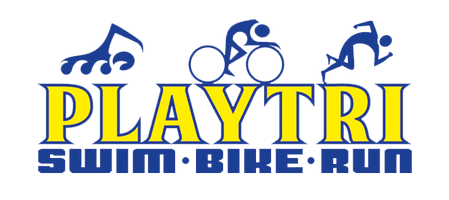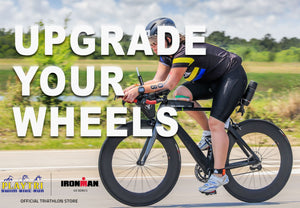What I wish I knew… a coach’s perspective
When I started triathlon 16 years ago, I knew exactly what to expect. I knew that I would get in better shape. I knew I would enjoy the training. And I also knew that I was going to be near the front of my age group during my first season. I was right about the first two, and I was completely wrong about the last one. I had no frame of reference for how races would go and how to properly train besides do some swimming, biking, and running each year. Years later, I’m a triathlon coach, and here are 5 things I would have told myself back then.
-
Open water swimming is really different.
Pool swimming is a great tool for training, but if you race in open water then you need to practice open water swim technique and skills. Work on holding your position when you get bumped by other swimmers. Work on sighting year-round. Learn how to draft and move about in a pack.
2. Emphasize the bike.
The bike leg is the longest part of any triathlon, so the more you can spend on the bike building bike-specific fitness and skills the better!
3. Brick runs are necessities!
Just because you may be a strong runner, doesn’t mean you’ll run as well after your swim and bike. Don’t expect to keep your regular run pace. Make sure to schedule bike/run “bricks” into your training on a regular basis.
4. “Don’t get injured. Don’t get sick.”
Words of wisdom from 3-time Ironman World Champion Craig Alexander when came to Playtri Dallas on June 4, 2019. Consistency is key in triathlon training and if you get injured and sick you can’t be consistent. Make sure to take care of yourself by sleeping well, eating healthy, and doing regular “prehab” work like foam rolling and strength training.
5. Work with a coach.
The triathlon learning curve is steep in the first few years of racing. Working with a coach can help smooth out the learning curve and make improvements faster.
Coach Jim Rowe
UESCA Certified Triathlon Coach






